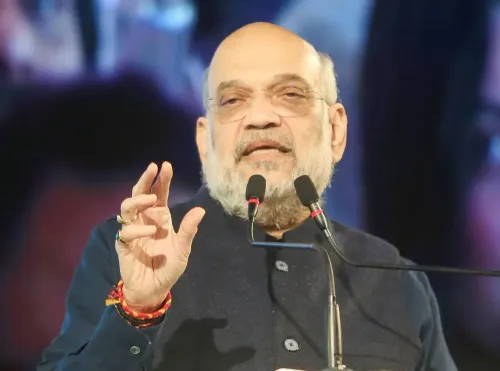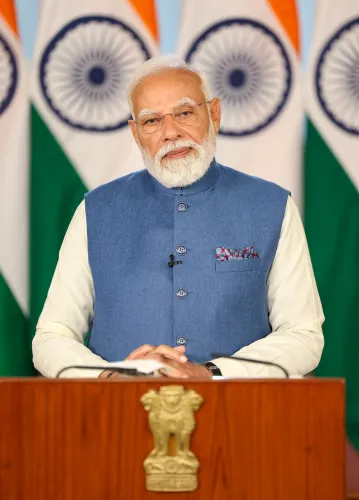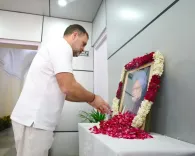What Led to the 3-Year Imprisonment of a Former ED Officer in a Bribery Case?

Synopsis
Key Takeaways
- Lalit Bazad sentenced to three years in prison and fined Rs 5.5 lakh.
- Conviction based on evidence including witness statements and CDR.
- Charges related to bribery and extortion under the IPC and Prevention of Corruption Act.
- Case highlights corruption issues within public offices.
- Reinforces the need for accountability among public officials.
Bengaluru, July 25 (NationPress) A special Central Bureau of Investigation (CBI) court has handed down a three-year prison sentence to a former Directorate of Enforcement (ED) officer along with a fine of Rs 5.5 lakh in a bribery case, according to an official statement released on Friday.
The convict, Lalit Bazad, previously served as an enforcement officer at the ED's Bengaluru office.
He was on deputation from the Central Goods and Services Tax and Central Excise department based in Chennai. The charges against him stem from his demand and acceptance of Rs 5 lakh as illicit payment from a private complainant.
The CBI's statement indicated that Bazad threatened the complainant with potential illegal repercussions to his business and reputation, subjecting him to a prolonged legal ordeal.
In March 2023, the Special Court for CBI cases had instructed the framing of charges against Lalit Bazad for acts punishable under Section 384 IPC and Section 7 of the Prevention of Corruption Act, 1988 (Amended), related to allegations of extortion in a case concerning harassment linked to instant loans offered by mobile applications associated with China.
The court previously noted: “The testimony of witnesses is corroborated by relevant Call Detail Records (CDR) and CCTV footage, providing sufficient evidence to establish a clear prima facie case against the accused. A strong suspicion is adequate for framing charges, yet in this instance, there is substantial prima facie evidence implicating the accused.”
The court further stated, “The evidence indicates that the accused is a public servant, a responsible ED official who extorted money from Mikhil Innani, the director of Apollo Finvest.”
The chargesheet detailed that the convict had requested and received a bribe of Rs 5 lakh from Innani, who was summoned to the ED office on February 2, 2021.
Investigations uncovered that an ECIR was initiated on January 13, 2021, to investigate claims of harassment and the Chinese connection to mobile applications facilitating instant loans. The convict was collaborating with Manoj Mittal, the deputy director at the ED, who was the lead investigator.
Bazad initially sought Rs 50 lakh in cash from Innani during his visit to the ED office in Bengaluru, threatening to involve Apollo Finvest in the investigation if his demands were not met, which could jeopardize the company's business.
Earlier in February 2021, CBI officials arrested a multi-tasking staff member at the Enforcement Directorate in Bengaluru for allegedly posing as an enforcement officer and attempting to extort Rs 2 crore from a businessman under the threat of conducting raids.










